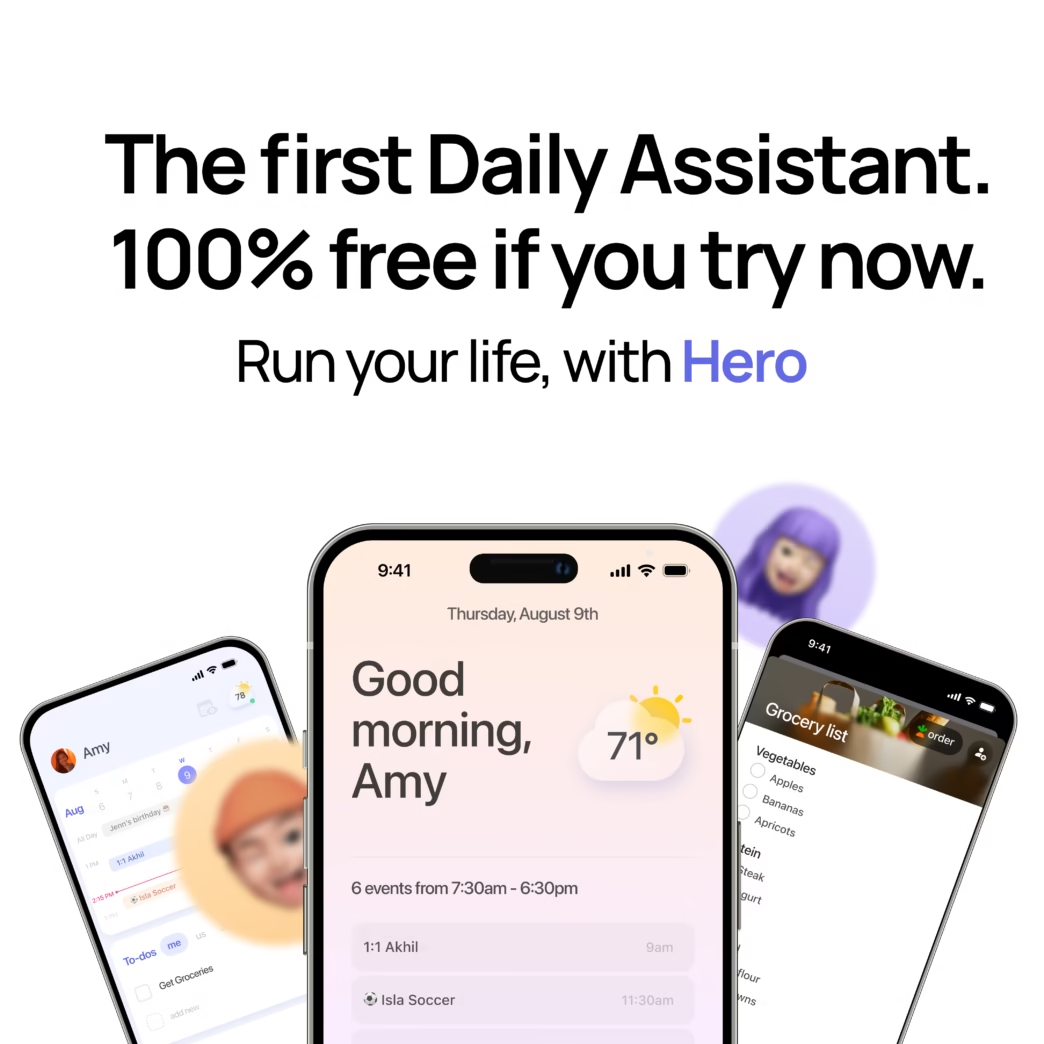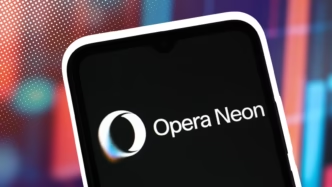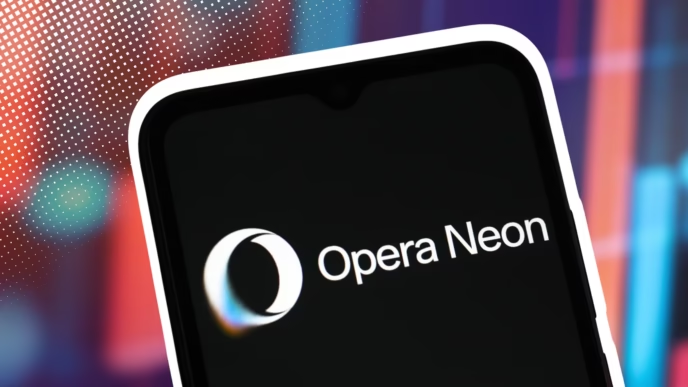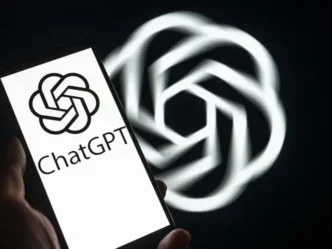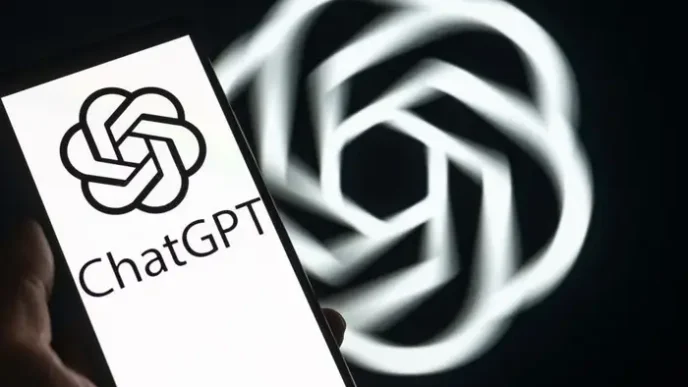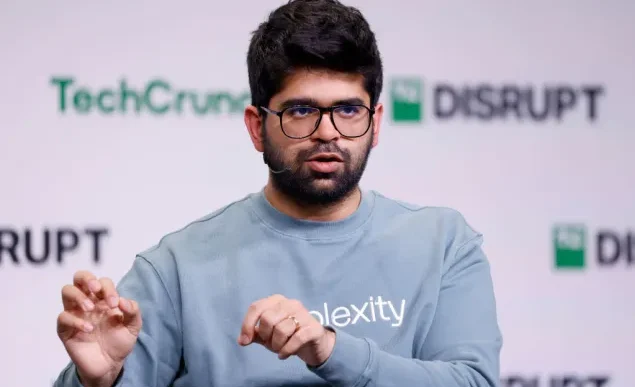Crafting a good prompt sounds simple, yet anyone who has spent time with AI chatbots knows the struggle. You type a vague idea, the bot gives you something close but not quite right, and the back-and-forth begins. This is why “prompt engineering” suddenly became a job title. But Hero, a productivity startup founded by former Meta engineers, thinks there’s a better way, and it starts with its new Hero AI SDK, an autocomplete engine designed to help apps finish your prompts for you before you even think of them.
Instead of typing long, structured prompts or guessing what the AI needs, Hero wants to make your apps feel as intuitive as autofill. And if the company succeeds, writing prompts manually might soon feel outdated.
Hero’s new SDK, which is available by invite only for now, works inside other apps to automatically predict what users are trying to say and complete the prompt for them. Instead of typing the entire instruction yourself, you simply start the request, and the SDK generates the missing pieces based on context.
Imagine booking a flight. You might type, “Book a flight,” and pause. Instead of waiting for you to spell out the details, the autocomplete system begins filling in the usual fields, “to,” “from,” “on date,” “at time,” “airline,” and “returning on.” You can accept the suggestions, edit them, or stop halfway and send the query as is. The point is speed. You no longer need a perfect prompt to get a perfect result.
This approach becomes even more powerful when you’re working with image or video generators. Instead of crafting long, descriptive prompts about style, lighting, camera angle, or object details, the interface presents those parameters as building blocks.
You click or type, and the SDK expands your thought into a complete prompt. Adobe is experimenting with similar concepts in its Firefly audio tool, which lets users choose details like mood, style, and purpose instead of writing everything manually. Hero is aiming to bring that simplicity across many industries.
Hero engineer Saharsh Vedi explained that getting the output you want often requires several rounds of prompting. The SDK shortens that cycle dramatically. For many tasks, one clean prompt is enough because the system already anticipated what you needed.
According to co-founder Brad Kowalk, the product uses multiple models to predict your next step. He said that the goal is to move all the “inputs” closer to the user so actions happen faster with fewer prompts. That speed doesn’t just feel better, it cuts costs. Fewer messages mean fewer tokens, fewer server calls, and cheaper AI operations at scale.
The idea came from their time building AR features at Meta, where tiny screens forced the team to rethink how instructions are given. AR glasses don’t have space for lengthy text inputs, so the experience has to be lightweight, more like selecting structured parameters than typing paragraphs. Hero applied that same logic to AI.
The company quietly raised a $4 million seed round last year to pursue this direction. Now it has secured an additional $3 million, led by Forerunner Ventures, to double down on the SDK and prepare for a larger round later depending on traction. The momentum is already building: the team is testing the autocomplete tech inside Hero’s own app, where it helps users find meeting times or reconnect with friends. Those features will roll out within a few months.
One of the more surprising use cases for the Hero AI SDK may come from advertising. Hero is already exploring a partnership with Koah Labs, an ad tech startup, to build “autocomplete ads.” The idea is that brands could surface inside suggestion fields, similar to search ads but inside prompt-building interfaces.
If autocomplete becomes how millions of people interact with AI, then the suggestion layer becomes prime real estate. And Hero seems to be carving out the infrastructure for it before larger players arrive.
But today, Hero is positioning the SDK as a developer tool, a way for any consumer app to make prompting feel effortless. As AI becomes more mainstream, fewer users want to think like engineers. They want apps that anticipate what they mean and help them finish their thoughts quickly. The Hero AI SDK aims to do exactly that.
And if it succeeds, the era of writing long prompts by hand might be closer to its end than anyone expected.

